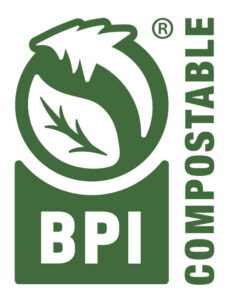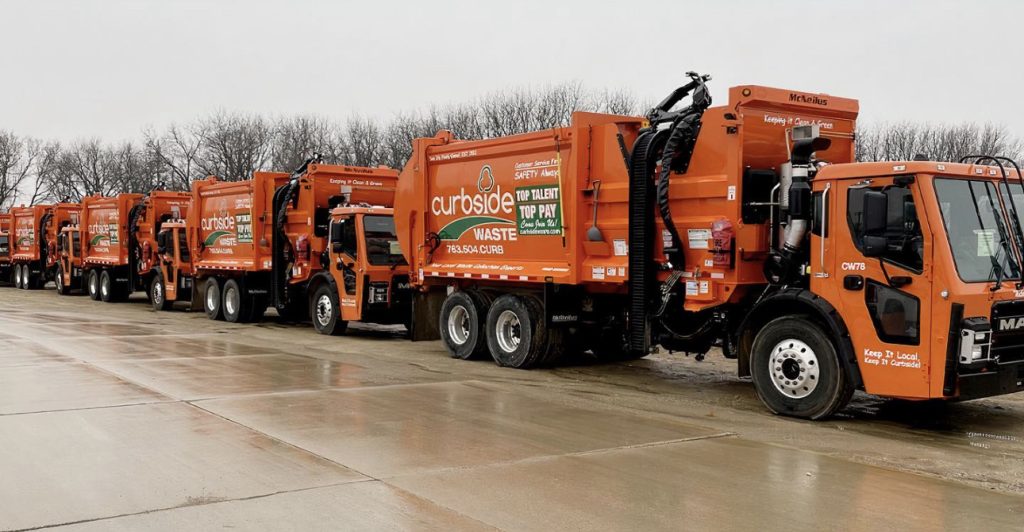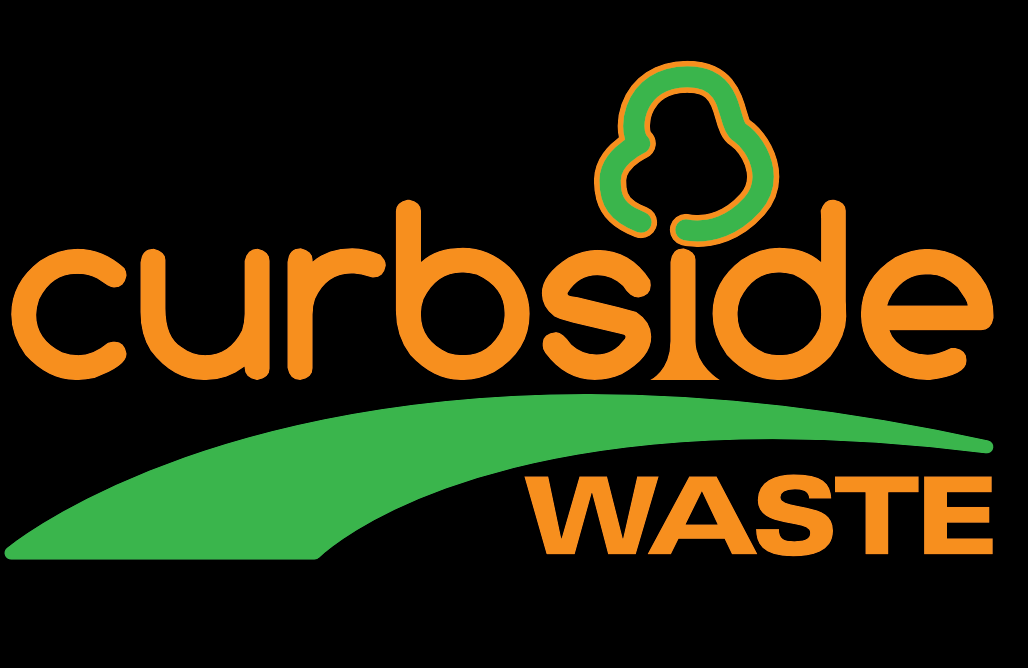Organics
Organics Information
Hennepin County Organics Guide – DO’s and DON’Ts
What is Organic Waste?
Organic waste is any material that is biodegradable, meaning that it is capable of being broken down or decomposed by bacteria or other living organisms.
Why is Organic Recycling Important?
It has been estimated that by the year 2050 the US could run out of landfill space. There are a lot of challenges and costs involved in converting waste to energy, and there is a limited capacity and capability of conversion on a large scale. As we’ve seen recently with the Hennepin Energy Recovery Center, there are also concerns of other forms of pollution being created in the process of converting waste to energy. Garbage is never going to go away, however, there are things that we can do to reduce the amount of waste going to the landfills or incinerators and recycling our organic waste is one of the easiest ones. According to the Minnesota Pollution Control Agency “organic materials, including food and compostable packaging, make up about 25 percent of the trash stream.” By diverting this material to composting sites we can significantly slow the rate at which out landfills fill up.
What is done with Composted Organic Waste?
According to The United States Environmental Protection Agency, “In the United States, our soils suffer from topsoil loss and erosion, which can lead to water quality issues and reduce the productivity of agricultural land. Compost adds much-needed organic matter to soil to enhance soil health. Compost has other uses as well in green infrastructure and stormwater management. Additionally, the use of compost sustains green jobs throughout the organics recovery cycle.
Markets and applications for compost include agricultural and horticultural, landscape and nursery, vegetable and flower gardens, sod production and roadside projects, wetlands creation, green infrastructure, soil remediation and land reclamation, sports fields and golf courses, sediment and erosion control, and stormwater management.”
Organic Waste can also be converted into bio-gas, a form of natural gas, in a process called anaerobic digestion where the gasses are collected during the process of decomposition. This bio-gas can be used in the same sort of way we use natural gas on a daily basis.
Why is Organic Waste Recycling different from Yard Waste Recycling?
The process in which organics are composted and yard waste is composted are different and cannot go to the same facilities. There currently are not any facilities in Minnesota that allow for the comingling of organic waste and yard waste, so it is very important to ensure that you keep the two separated. Please see the yard waste section on the residential page for more information about yard waste.
What is accepted in your organics container?
Food Scraps:
- Fruits and Vegetables
- Meat, Fish, and Bones
- Dairy Products
- Eggs and Egg Shells
- Pasta, Beans, and Rice
- Bread and Cereal
- Nuts and Shells
Food Soiled Paper:
- Pizza Boxes from Delivery
- Napkins and Paper Towels
- Paper Egg Cartons
Certified Compostable Products (Look for this symbol): 
- Plates
- Cups
- Bowls
- Takeout Containers
- Utincels
Other Compostable Household Items:
- Coffee Grounds and Filters
- Hair and Nail Clippings
- Tissues
- Cotton Balls and Swabs with Paper Stems
- Houseplant Trimmings and Flowers
- Wooden Items such as Chopsticks, Popsicle Sticks and Toothpicks
What CANNOT go in your Organics Bin:
- Yard Waste
- Bandages
- Diapers and Sanitary Products
- Animal and Pet Waste, Litter, or Bedding
- Cleaning or Baby Wipes
- Grease or Oil
- Styrofoam
- Dryer Lint and Dryer Sheets
- Recyclable Items (Cartons, Glass, Metal, Paper, Plastic, Etc.)
- Shredded Paper
- Frozen Food Boxes
- Microwave Popcorn Bags
- Gum
- Fast Food Wrappers
- Products Labeled “Biodegradeable”
- Wax Paper or Parchment Paper (Unless Labeled BPI Certified)
For more information please follow the links below:
https://www.pca.state.mn.us/air-water-land-climate/composting-and-managing-organic-waste

